Last Updated
Punta Cana is more popular than ever among travelers, having recently been ranked as one of the top destinations for American tourists this summer.

Even though Punta Cana is one of the most welcoming tropical destinations full of white-sand beaches and crystal-clear waters, there are some things travelers should avoid on their holidays.
In this article, we’ll cover 5 common mistakes that travelers often make when traveling to Punta Cana.
Avoid Last-minute Airport Transfers
Travelers should begin preparing for their Punta Cana trip well before flying to the tropical destination. When it comes to arriving at Punta Cana, arranging a private transfer beforehand is one of the best ways to beat the crowds and avoid costly taxi fares.
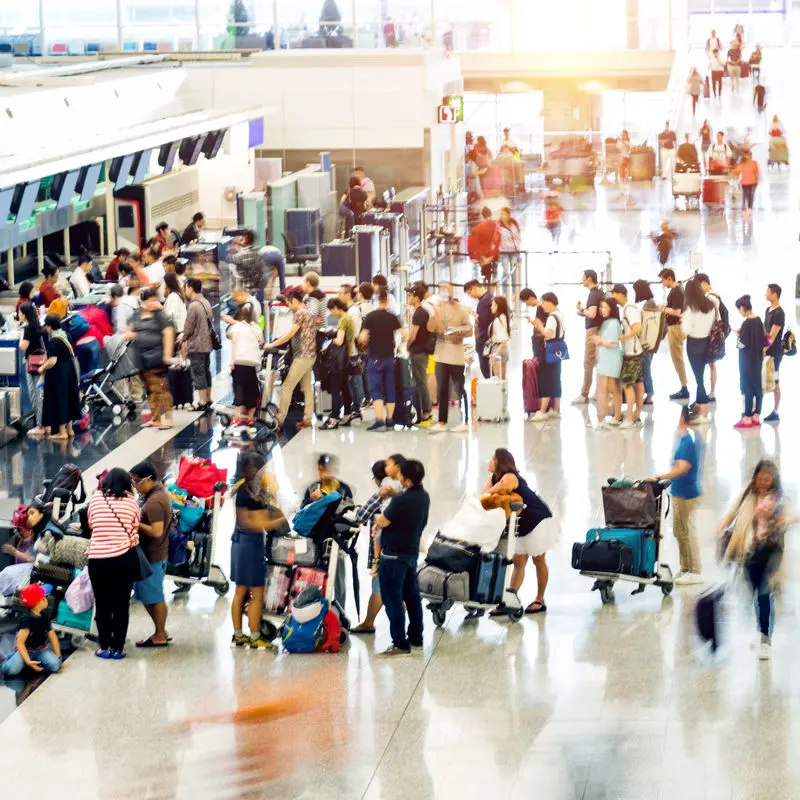
Most Punta Cana resorts offer round-trip transfers from Punta Cana International Airport to the city’s many large properties, often free of charge. Before flying, check whether your resort offers transfers, as well as where they depart from.
Travelers can also arrange for private transfers with several transportation companies. Online travel platforms like Tripadvisor or Viator are great resources to read reviews and choose a reputable company.
Avoid Failing To Plan Alternatives To Sargassum-Covered Beaches
Punta Cana is home to miles of white-sand beaches, some of which rank among the best in the world, including Bávaro. Many travelers are likely to find significant amounts of sargassum seaweed on popular beaches this year as macroalgae levels reach new highs.
Top 5 Travel Insurance Plans For 2023 Starting At $10 Per Week
Easily Earn Points For Free Travel
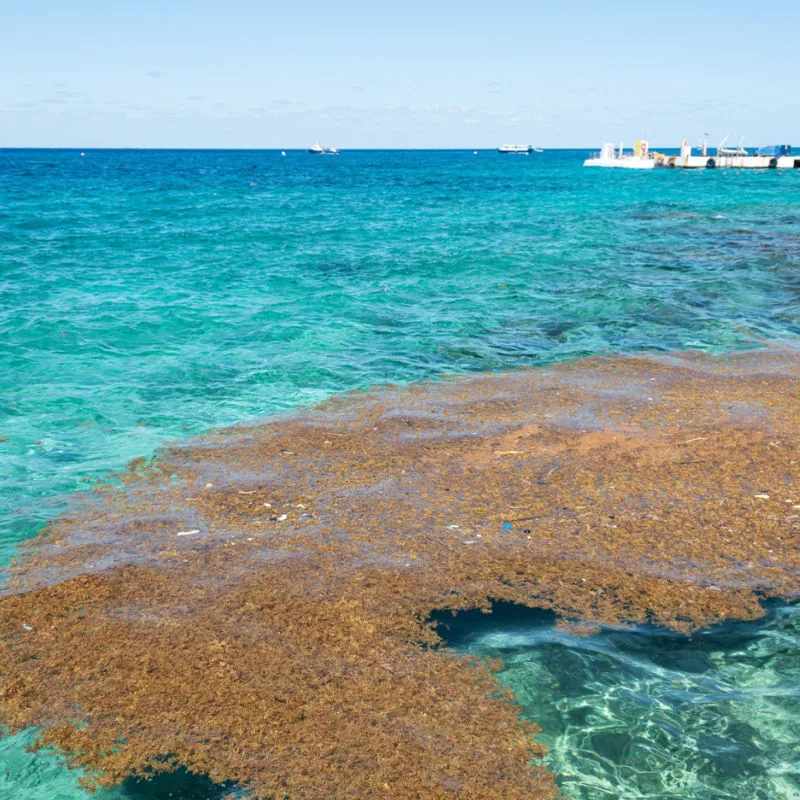
Fortunately, Punta Cana is home to a wide selection of indoor and outdoor activities that are completely sargassum-proof. Consider booking a day trip to the renowned Scape Park, a massive ecological reserve with several azure cenotes.
Avoid These Common Scams
Even though Punta Cana is renowned for its safety, petty crime and scams remain significant issues affecting travelers.
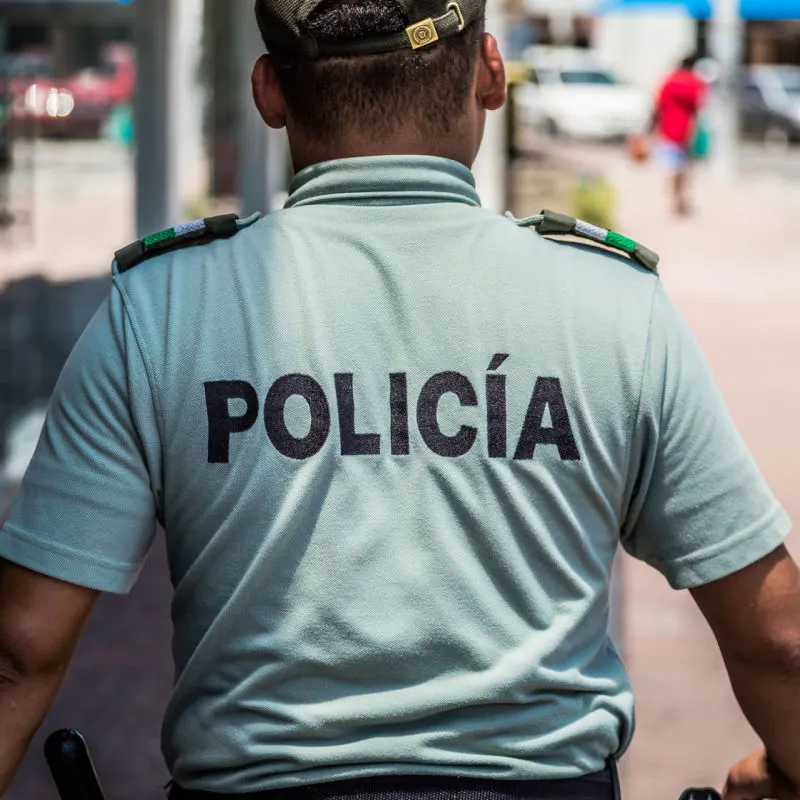
There are several different common scams that travelers are likely to come across; from the airport to Punta Cana’s shops and restaurants, travelers should watch out for fraudsters looking to make a quick buck.
When taking a taxi in Punta Cana, make sure that the driver uses the taximeter. If you’re out and about exploring Punta Cana’s bustling downtown area, avoid purchasing fake or counterfeit goods, including cigars.
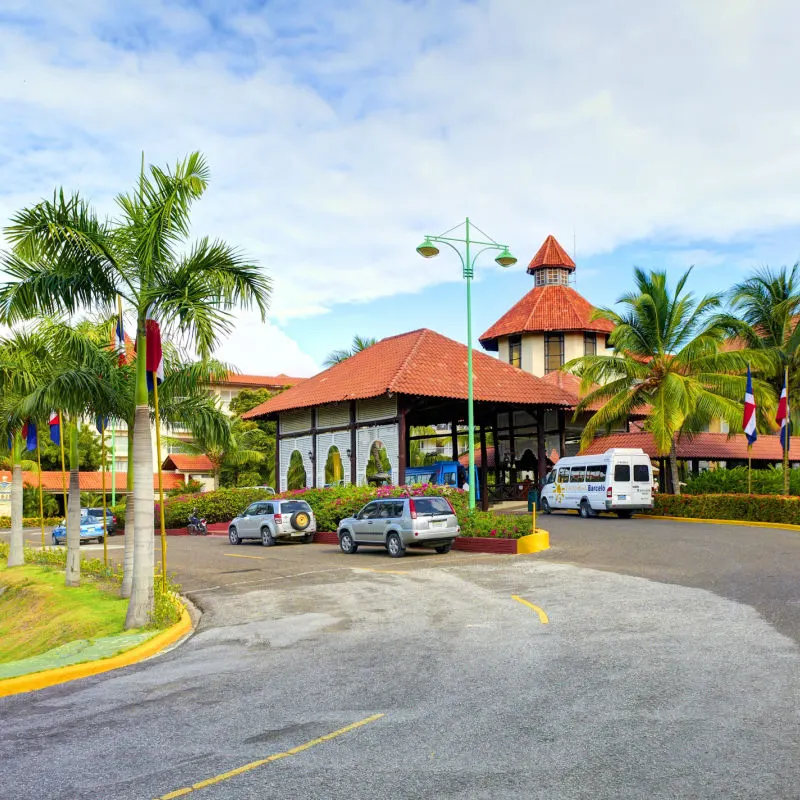
It’s also important to drink in moderation, as scammers, which can include baristas, are known to target intoxicated travelers by charging them more than necessary.
Avoid Driving While In Town
Travelers that visit Punta Cana for an extended period should primarily rely on taxis, busses, or private shuttle services for getting around the city.
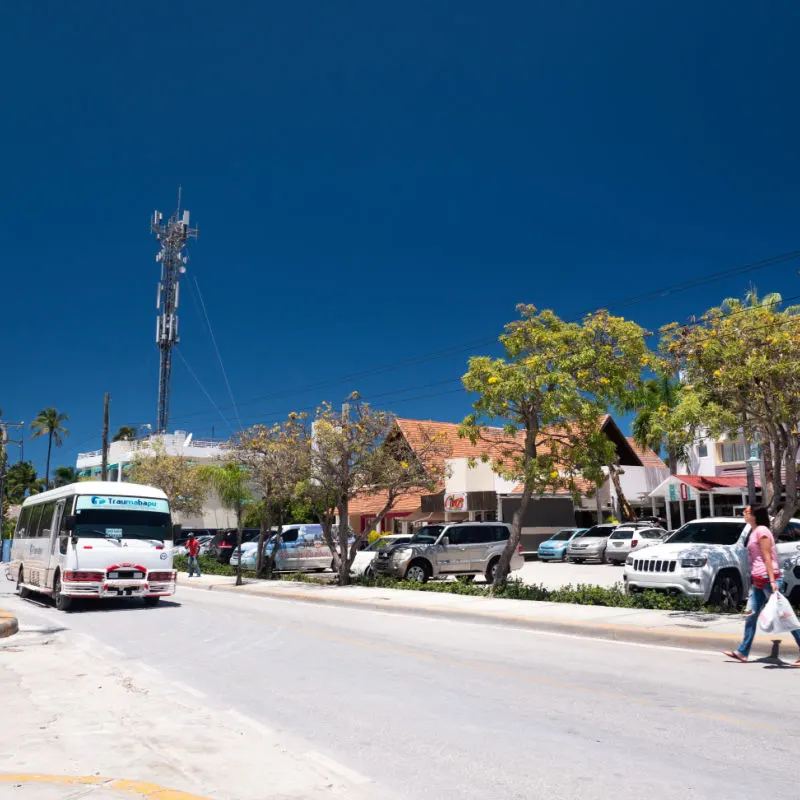
While the Dominican Republic is generally a very safe country, its roads can be a hazardous place for travelers. Hectic driving, potholes, and failure to comply with traffic rules are just a few of the risk factors travelers are likely to encounter on the road.
That said, local transportation companies are often reliable, and traffic around large resorts is monitored carefully by officials.
Avoid This Common Airport Mistake
One of the first things travelers do upon arrival in Punta Cana is exchange their dollars for Dominican pesos. While exchanging a small amount of dollars is generally recommended, the U.S. dollar is widely accepted in most large all-inclusive resorts.
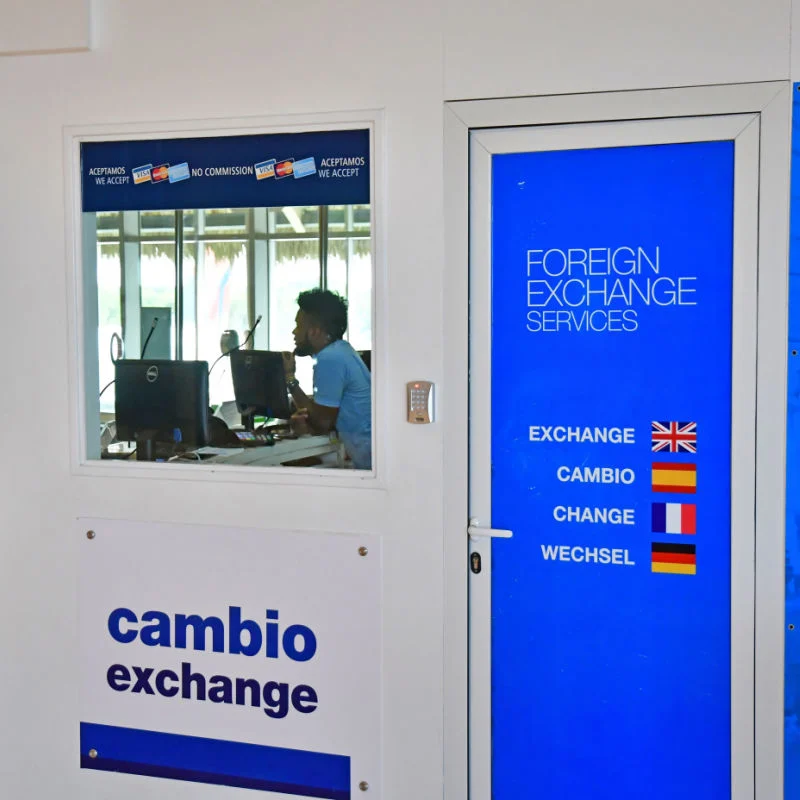
Most restaurants and shops in Punta Cana also accept U.S. dollars, but it’s a good idea to keep a small amount of the local currency for more remote locations.
Before exchanging money, make sure that the commission and exchange rate are reasonable in order to avoid paying more than what’s necessary.
Plan Your Next Dominican Republic Vacation:
Traveler Alert: Don’t Forget Travel Insurance For Your Next Trip!
Choose From Thousands of Dominican Republic Hotels, Resorts and Hostels with Free Cancellation On Most Properties
↓ Join the community ↓

Subscribe to our Latest Posts
Enter your email address to subscribe to Dominican Republic Sun’s latest breaking news affecting travelers, straight to your inbox.
